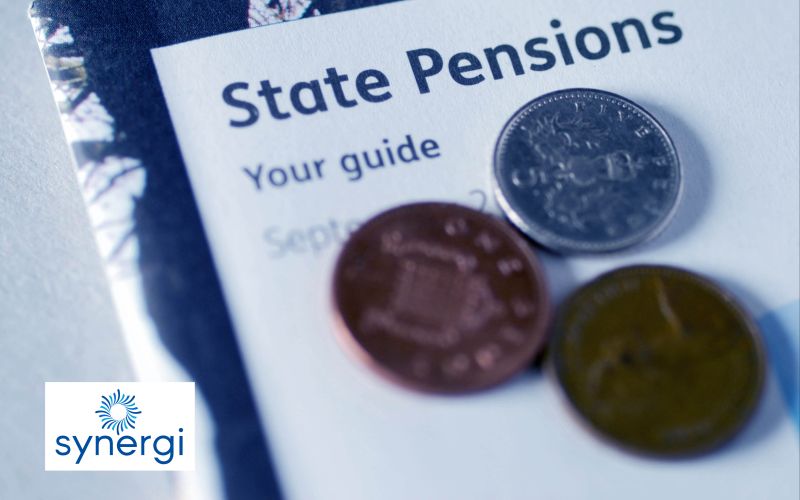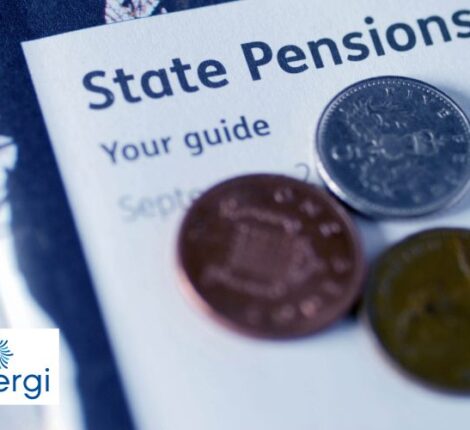- 27th February 2024
- News , Uncategorised
- Comments : 0
UK State Pension Changes
Your State Pension will change from April 2024
The State Pension will change in the new tax year – the amount you can get is increasing. Our guide to the UK State Pension changes explains what you need to know. – here’s part 2 of our guide.
When will I receive the State Pension?
Your State Pension age is the earliest age you can start receiving State Pension. You can check your State Pension age on the UK government’s website.
The State Pension age rose to 66 by 2020 and is due to increase to 67 between 2026-2028. It’s regularly reviewed to take into account things like affordability and life expectancy. Any change would have to be approved by the UK parliament.
Remember that modern, flexible workplace and personal pension plans normally let you start taking your money from the age of 55, rising to 57 from 6 April 2028. So you could access your pension benefits before you receive your State Pension.
Is the State Pension likely to be enough?
Probably not. Even with the rise coming in April, a full new State Pension would be just over £11,500 a year. Keep in mind that the Retirement Living Standards suggest a single person would need £12,800 a year to cover just a ‘minimum’ retirement lifestyle.
The reality is there’s a significant gap between what you get from the State Pension and what you may actually need or want in retirement. The State Pension alone will only cover a very basic lifestyle and, because it only starts in your late 60s, won’t help to support you if you want to retire earlier. So it should only be a part of your overall retirement plan. Also bear in mind that it is subject to tax.
It’s important to fully understand how much you might need to be able to afford the retirement you want.
What can I do to help make sure that I have enough money when I retire?
Firstly, get informed so that you know what you’re likely to get from your State Pension, and when. And bear in mind that you might be able to top up your NI contributions to get more.
Secondly, think about where else your money might come from in retirement. You may have a pension plan, for example, and your employer may pay into this too.
Don’t forget that you can also use savings such as ISAs (Individual Savings Accounts) to supplement the money you’ll get from any pension pots you have when you come to retirement age.
Remember that personal or workplace pension plans, as well as some types of ISAs, are investments and their value can go down as well as up and may be worth less than what was paid in.
It’s a good idea to regularly review any personal or workplace pension plans you have to see if they’re on track to meet your goals.
#synergi #pensionplanning #financialplanning




